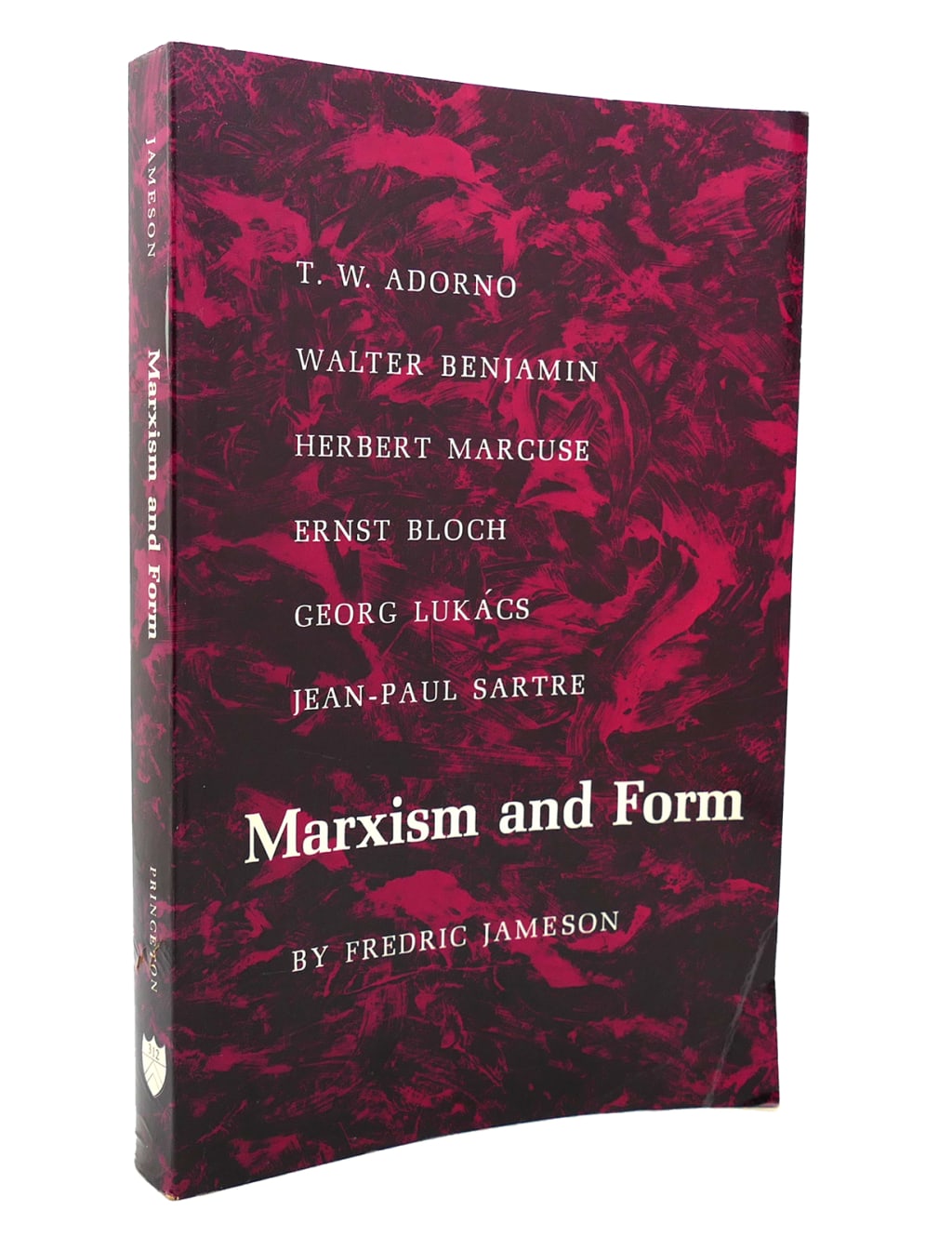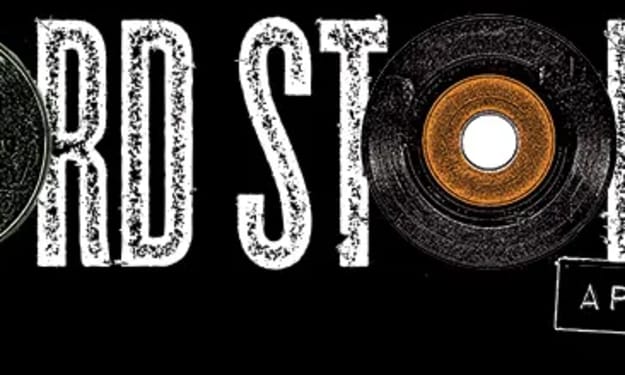
In the essay on Adorno, in Marxism and Form (1971) - Jameson makes a remarkable observation about representation, (a category much debated in recent years in the world of philosophy and literature) and the absence of it in Western concert music. He juxtaposes this to the earlier form of folk music which always seemed to represent an event, a happening, commemorate a ritual, etc. The sensibility which a composition elicits however, does not tell a story - this seems to be his principle hypothesis.
In the way the filmmaker Hitchcock describes his dream of cinema reaching a stage where a machine allows for the stimulation of fear or euphoria directly in the audience without the requirement of the mediatory prism of cinema, the melody operates like a tone poem which coveys moods and their succession and transformation, without these sounds representing anything, apart from perhaps a reference to the stylistic innovations in concert compositions. A noteworthy insight for sure, yet one may object - that does not this instrumental ensemble have a vocal and indeed lyrical correlate in the musical dramas of opera, which are also staged in concerts? Nevertheless, it is evident that these are distinct traditions and practices.
Notwithstanding such an objection, the break which is identified in the form of music, a break between an earlier folk music which was representational, and that which is produced by the brass and strings ensemble is noteworthy even for someone disinterested in their history.
When concert music removes itself from the vicinity of the folk - it acquires the ability to constitute its own history, in terms immanent to its practice. It’s story which would only emerge from the perspective of an observer, would regard the styles which came into prominence and the kind of tonal sensibilities they inculcated. This would correspond to what us literary critics think a genre to be, ie. a set of tropes which, when codified, can draw on their own history, their set of procedures to invoke irony or humor, even when miss-produced or straying from canonical procedure. Perhaps this is not unlike how comedy in tv shows operates today.
This break however, its distinction as it were inscribes within itself its own mortality. This is a sad, prophetic moment in Jameson’s observations yet he provides analogies which do ring true. The form of the epistolary novel for instance vanishes when letter writing is no longer a prominent part of everyday life. The subject of what is known as classical music, its endeavor to respond to its own melodic, tonal, and atonal history in sheer instrumental and compositional ingenuity is as clearly limited by the possibility of the place and observation of it's event - the concert, as any other lost form of enjoyment - romantic or lyrical poetry for instance - in a society where everyday expressions no longer meditate on a relationship with nature or the sensitivities of courtship.
The plane which Jameson opens up - while observing the artistic innovations within each of these forms is the place of their differences and competition, not merely as artistic artifacts - but as also as commodities, which are created within a society at determined historical conjunctures, responding to uniques necessities and sensibilities, (though perhaps also, by the same token, producing new sensibilities, a new way of listening etc.) - as things which are traded, and whose sales support the livelihood of its producers.
This constellational capture as it were, is perhaps unique, even among great literary critics, and to one familiar with the work of Fredric Jameson - identifiable as his signature.
Thursday, 11th February, Hyderabad, India, 2021






Comments
There are no comments for this story
Be the first to respond and start the conversation.